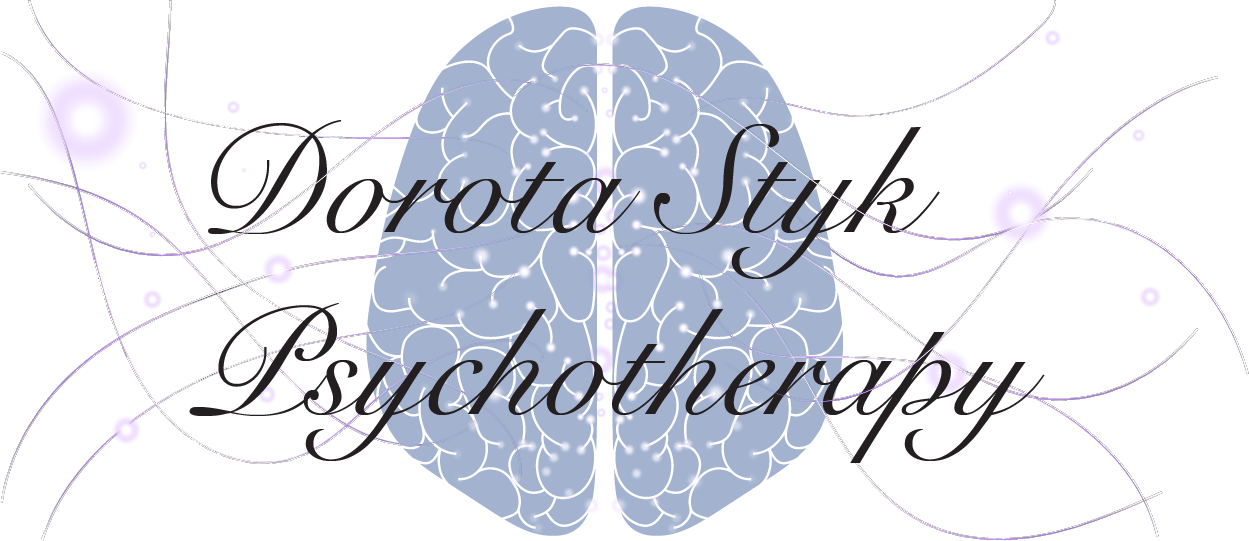Dialectical Behaviour Therapy (DBT) is a specialised form of psychotherapy developed by Marsha Linehan in the 1970s, specifically designed for people who experience emotions very intensely. It combines elements of cognitive behavioural therapy with concepts of mindfulness, distress tolerance, and emotional regulation, creating a unique therapeutic approach that balances acceptance and change.
The therapy operates through four essential modules: core mindfulness, distress tolerance, interpersonal effectiveness, and emotion regulation. Core mindfulness teaches awareness of the present moment, while distress tolerance helps service users accept difficult situations and develop healthier coping mechanisms. Interpersonal effectiveness focuses on building healthy relationships, and emotion regulation helps individuals understand and manage their emotional responses.
DBT’s structure typically includes four key components: individual therapy sessions, group skills training, telephone crisis coaching, and therapist consultation teams. Individual sessions last about 40-60 minutes weekly, where therapists help service users track their emotions and behaviours through diary cards. Group skills training sessions function like classroom learning, teaching practical coping strategies in a supportive environment.
The therapy is particularly effective for treating various mental health conditions, including borderline personality disorder, for which it was originally developed. It has also shown success in treating mood disorders, suicidal ideation, self-harming behaviours, and substance use problems. The “dialectical” aspect refers to the therapy’s core philosophy of combining opposite ideas – specifically, accepting oneself while working to change.
DBT’s ultimate goal is to help service users build lives they feel are worth living. This is achieved through a structured yet flexible approach that emphasises both validation of current experiences and the development of new skills for managing emotions and relationships. The therapy typically requires a one-year commitment, during which service users learn to replace unhealthy behaviours with effective coping strategies and practical life skills.
Book an Appointment
Weekday Appointments
| Initial video call consultation | £20 |
| Video call Therapy Session | £120 |
| Audio call Therapy Session | £120 |
| Couples Video call Therapy Session | £180 |
Our of Hours and Weekends Appointments
| Initial video call consultation | £40 |
| Video call Therapy Session | £240 |
| Audio call Therapy Session | £240 |
| Couples Video call Therapy Session | £240 |
